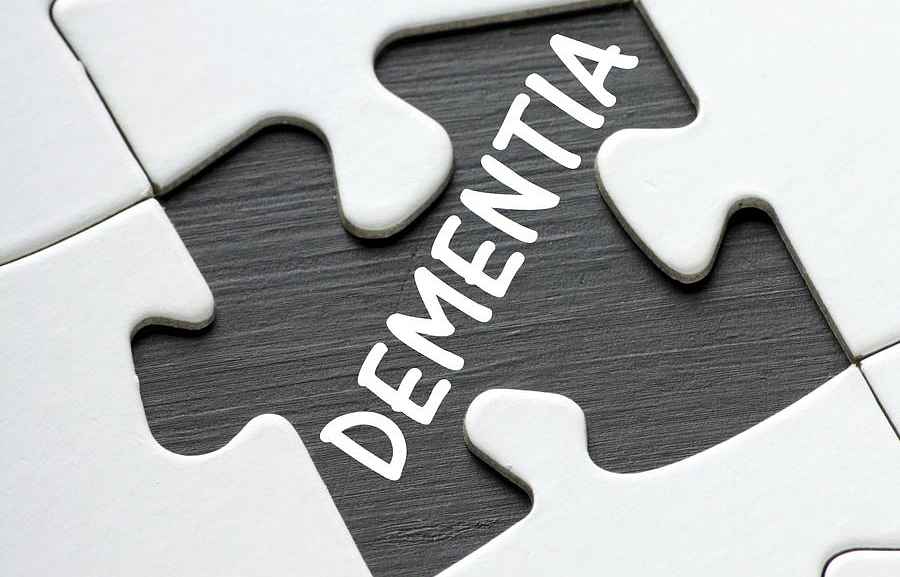





See listing of Recent and Most Popular articles on the Home Page
Senior Moments
Category: Health & Wellness / Topics: Health Care • Memory (failing, improving) • Optimal Aging • Research • Wellness
Rethinking Dementia
by Dan Seagren
Posted: March 5, 2021
Alzheimer's is but one of a web of overlapping forms of dementia, all of which are being pursued by researchers around the world…
More than 6-million Americans are living with Alzheimers. By 2050, this number is projected to rise to rearly 13-million. (Alzeimer's Association.
The strongest known risk factor for dementia is increasing age, with most cases affecting those of 65 years and older. But its symptoms can vary widely from person to person. Head injuries can increase the risk of dementia, especially if they are severe or occur repeatedly. Normal aging may include weakening muscles and bones, stiffening of arteries and vessels, and some age-related memory changes. Normally, knowledge and experiences built over years, old memories, and language would stay intact.
Many older adults live their entire lives without developing dementia but may have difficulties with memory, communication, reasoning, judgment, problem solving and visual perception beyond typical age-related changes in vision. There are probably 100 or more kinds of dementia, too many to analyze here, some can be fatal and others curable.
Alzheimer's is one of the most prevalent forms of dementia and has been yet to be conquered, despite decades of work. Alzheimer’s disease is named after Dr. Alois Alzheimer.who In 1906, noticed changes in the brain tissue of a woman who had died of an unusual mental illness
Since treatments are usually dependent on the causes of dementia, neurodegenerative dementia and others may overlap with symptoms of another type that have no cure although there are medications that can help protect the brain or manage symptoms. Sometimes more than one type of dementia is present in the brain at the same time, especially in older people and may overlap with symptoms of another type like Vascular dementia and Mixed dementia. Yes, it can be very difficult to determine both the cause and a cure. Although dementia mostly affects older adults, it is not a part of normal aging.
In 2015, more than 3,000 researchers world wide from the academic, biotech, and pharmaceutical industry sectors began using data found in 2014 research by governmental, pharmaceutical industry, and nonprofit organizations to transform the way of studying Alzheimer's disease. It was hoped that this would lead to a deeper understanding of the complex biology and integrative physiology of healthy and pathologic brain aging.
Indeed, research into brain aging and dementia continues at an intensive pace. The NIA (National Institute on Aging, part of the National Institutes of Health) has an extensive list of news about research reports, including one released Febraruy 11, 2021 entitled "Seven recent papers amplify advances in Alzheimer's research."
Hopefully this rampant malady will soon be conquered.
Search all articles by Dan Seagren
Dan Seagren is an active retiree whose writings reflect his life as a Pastor, author of several books, and service as a Chaplain in a Covenant Retirement Community. • E-mail the author (su.nergaesnad@brabnad*) • Author's website (personal or primary**)* For web-based email, you may need to copy and paste the address yourself.
** opens in a new tab or window. Close it to return here.
Posted: March 5, 2021 Accessed 550 times
![]() Go to the list of most recent Senior Moments Articles
Go to the list of most recent Senior Moments Articles
![]() Search Senior Moments (You can expand the search to the entire site)
Search Senior Moments (You can expand the search to the entire site)
![]() Go to the list of Most Recent and Most Popular Articles across the site (Home Page)
Go to the list of Most Recent and Most Popular Articles across the site (Home Page)
 Loading requested view...
Loading requested view...